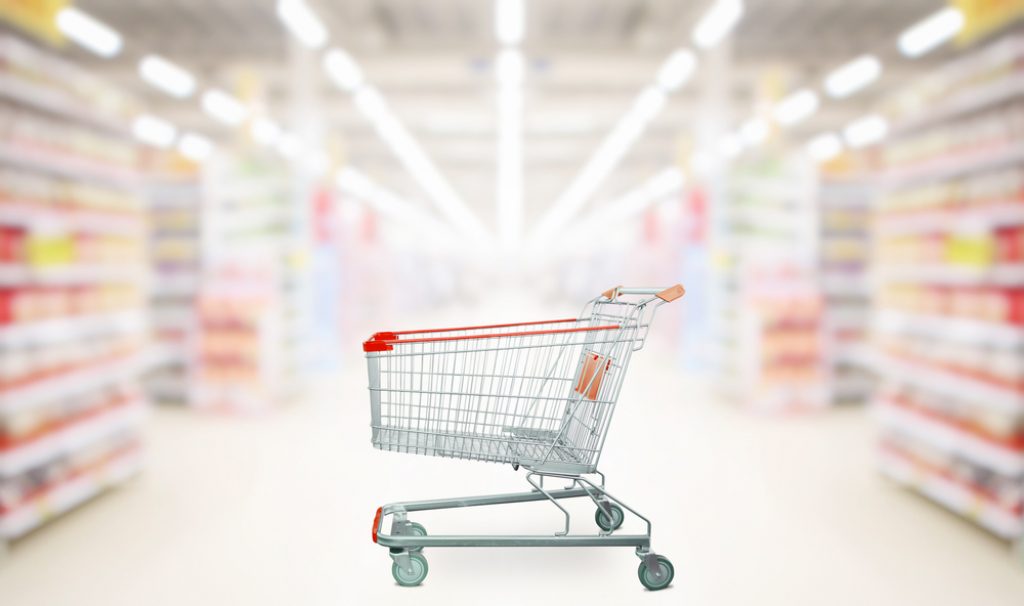Grocery price inflation has fallen for the seventh month in a row to 11% over the four weeks to 1 October.
For the first time since last year, the prices of some staples such as butter have come down, with a 250g pack now 16p less than 12 months ago.
According to retail analysts Kantar, the number of groceries bought on promotion has risen to 26.5% in the latest 12-week period – its highest level since June 2022 – as customers aim to curb the impact of the ongoing cost-of-living crisis.
But brands have also done well. Branded promotion sales hit their highest rate since January this year, helping the category grow sales by 7.3% across the 12-week period and narrow the gap with own-label lines, which grew by 10.1%.
One of the hottest Septembers on record also saw the sales of ice cream, burgers and dips shoot up by 27%, 19% and 10% respectively. Shoppers also bought sun care products during the unseasonable warm weather, with sales more than doubling across the month.
But as Brits basked in the sunshine, it put Christmas out of mind for shoppers with fewer buying festive puddings and seasonal biscuits (down 14% and 29% respectively) compared to this time last year.
Budget Lidl and Aldi increase their market share
Meanwhile, when it comes to where individuals are shopping, discount stores Lidl and Aldi were the supermarkets that enjoyed the biggest rise in sales, with monthly figures going up by 15.2% and 14.9% respectively. The latest data suggests Lidl has a 7.6% market share while Aldi is just shy of 10%.
Tesco, which was recently slammed over its profits, saw sales rise 9.2% over the latest 12 weeks, taking its market share to 27.4%.
Sainsbury’s share grew to 14.8% as its sales increased by 9.1% compared with last year. Asda and Morrisons now hold 13.7% and 8.6% of the market.
Strategic insight director at Kantar, Tom Steel, said: “Grocery price inflation is still very high, but shoppers will be relieved to see the rate continuing to fall. For the first time since last year, the prices of some staple foods are now dropping and that’s helping to bring down the wider inflation rate.
“Supermarkets are looking at all the different ways they can deliver value at the tills and while the emphasis for some time has been on everyday low prices, retailers are starting to get the deal stickers out again.”
‘Budgets ravaged by increased bills’
Sue Davies, Which? head of food policy, said: “Inflation easing is positive, but the reality is that supermarket prices are still rising very quickly when many shoppers are already struggling to make ends meet. Millions of people up and down the country continue to take extreme measures, such as skipping meals, as their budgets are ravaged by increased household bills.
“Supermarkets have the power to ease the huge pressure faced by shoppers, especially families and those on low incomes, by putting budget range items in hundreds of more expensive convenience stores. Which? research has found that these stores rarely, if ever, stock the cheapest products.”

